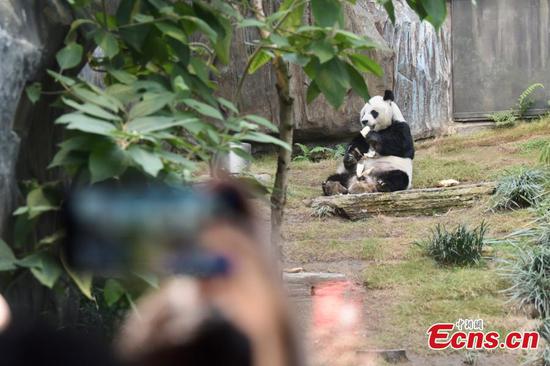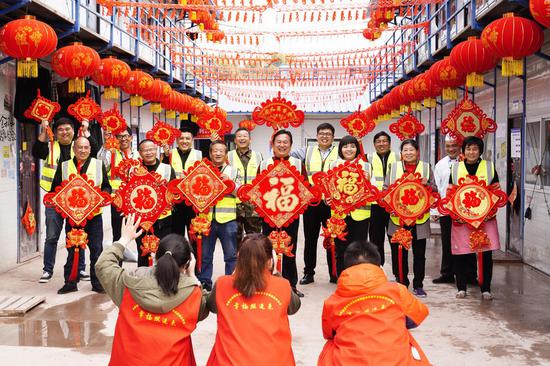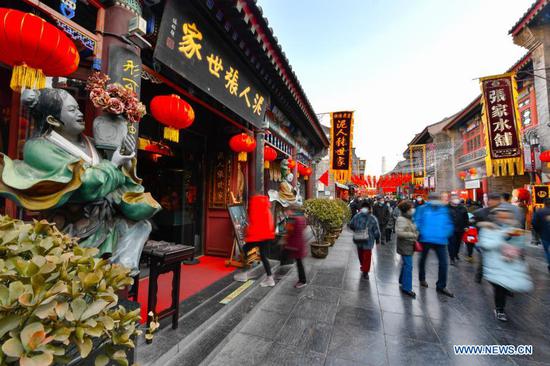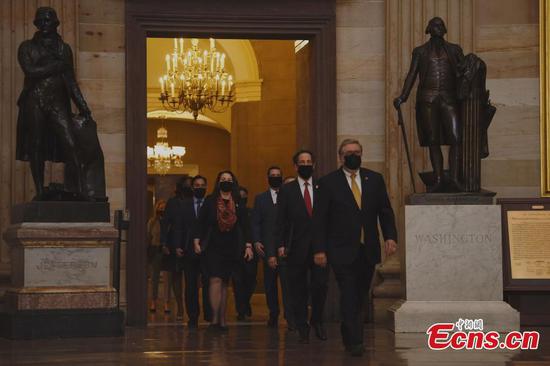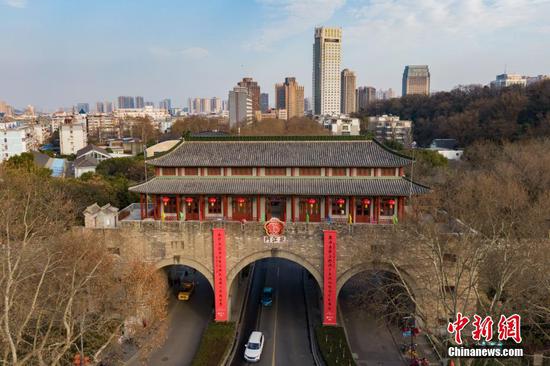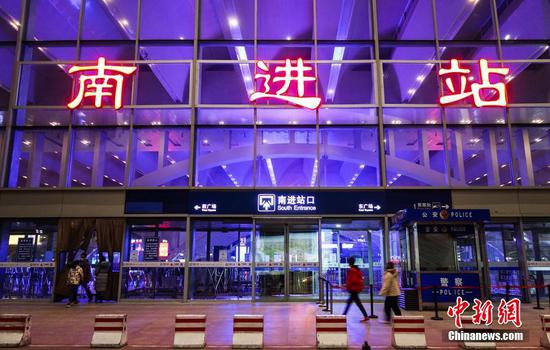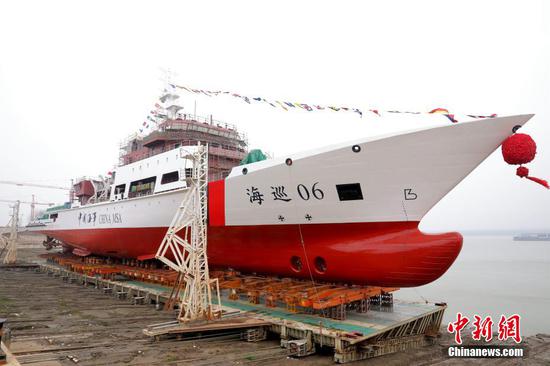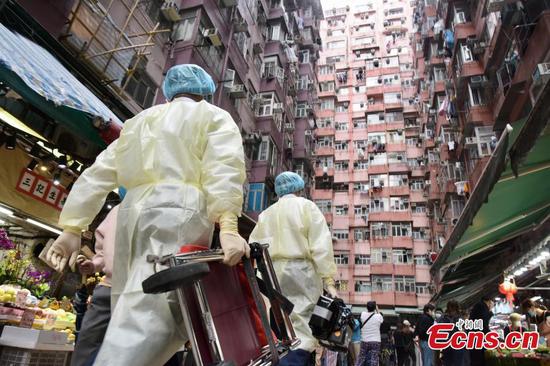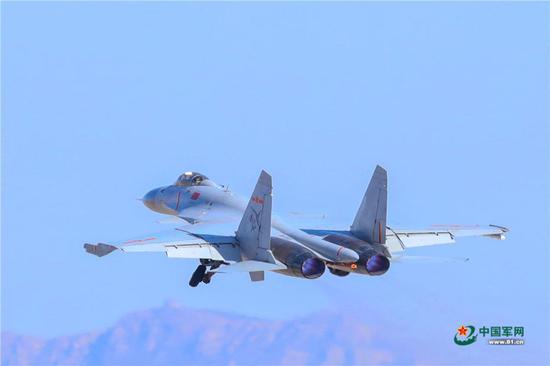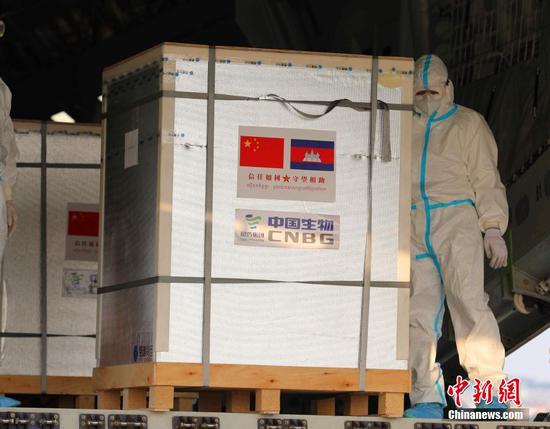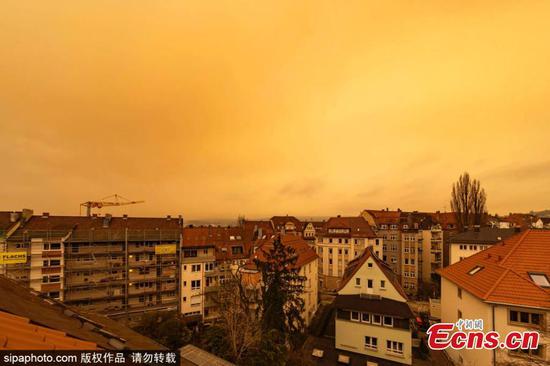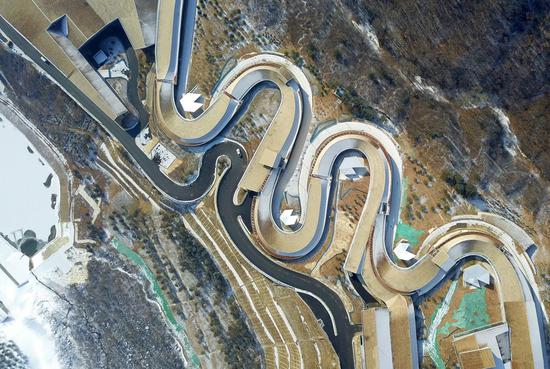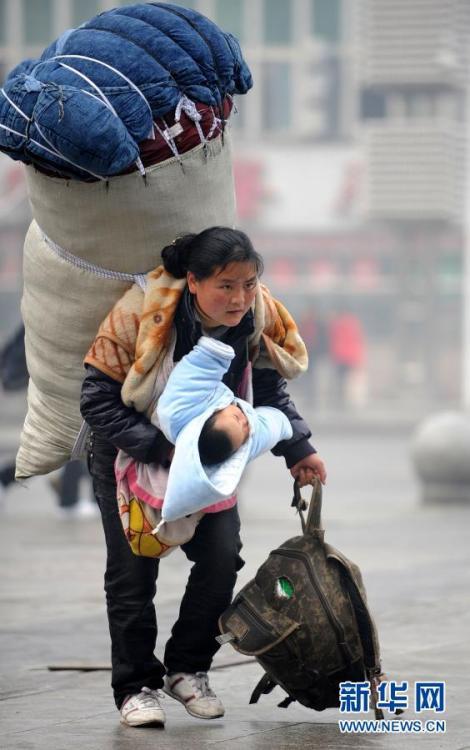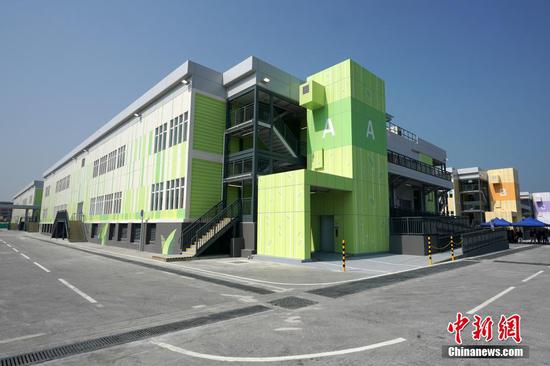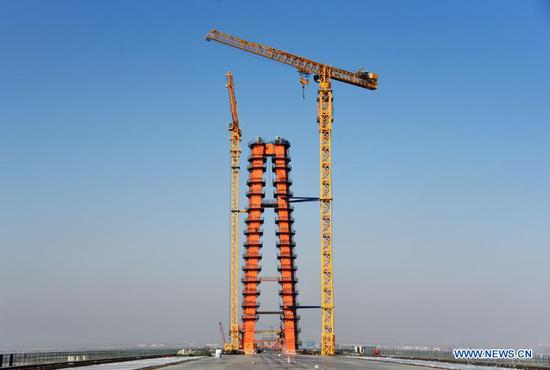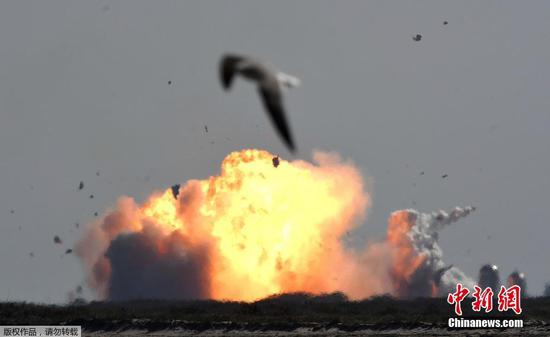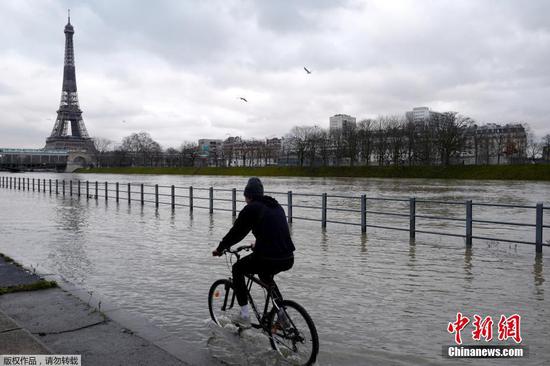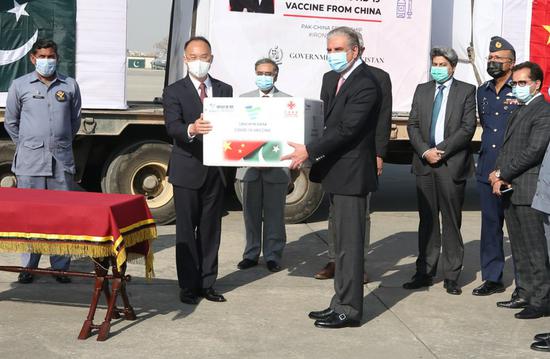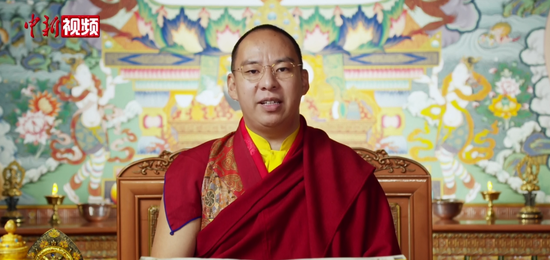The prime ministers of Poland, Hungary, the Czech Republic and Slovakia met in the southern Polish city of Krakow on Wednesday to discuss the COVID-19 pandemic and to mark the 30th anniversary of the Visegrad Group (V4) cooperation framework.
The four leaders jointly urged the European Union (EU) to step up COVID-19 vaccine production and distribution.
"We have discussed how we can strengthen the EU through accelerating the vaccination process and through solidarity in producing the vaccines within the EU," Polish Prime Minister Mateusz Morawiecki said at a press conference. "A true partnership cannot exist without solidarity and a responsible approach to the most challenging issues. The pandemic and vaccination are such issues.
"The fight against the pandemic needs to be expedited, while protecting the common EU market and at the same time keeping the economic future in mind," Morawiecki said.
The Visegrad Group is an informal alliance of central European countries based on common policy goals. The group was formed on Feb 15, 1991. Its aim is to advance cooperation in military, cultural, economic and energy matters.
The four leaders also discussed the EU's migration and climate policies, its relations with Belarus and Russia, and the Eastern Partnership. The meeting was attended by European Council President Charles Michel, who agreed that increasing vaccine production is a "top priority."
On Wednesday, the European Commission concluded a second contract with vaccine producer Moderna for a joint order of an additional 300 million doses on behalf of the EU member states.
As the world is struggling to contain the pandemic, vaccination is underway in some countries with the already-authorized coronavirus vaccines.
Meanwhile, 250 candidate vaccines are still being developed worldwide -- 69 of them in clinical trials -- in countries including Germany, China, Russia, Britain and the United States, according to information released by the World Health Organization on Feb 16.









